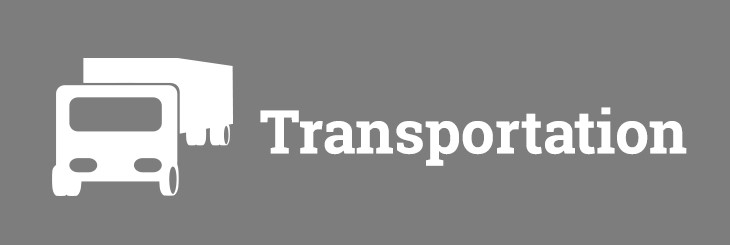Bottlenecks cost trucking industry more than $74 billion annually
by February 19, 2020 12:00 pm 1,982 views

Traffic congestion costs the trucking industry $74.5 billion annually and accounts for 1.2 billion in lost hours of productivity, which is equal to 425,533 truck drivers sitting idle for a year, according to a new report.
The American Transportation Research Institute, the research organization of trade group American Trucking Associations, released Wednesday (Feb. 19) a report on the top 100 truck bottlenecks in the United States. The report, based on 2019 data, shows the number of locations with significant congestion has risen 92% in five years, while traffic congestion has increased by 10%. Significant congestion refers to roads with average daily speeds of 45 mph or less.
The intersection of Interstate 95 and SR 4 in Fort Lee, N.J., is again the No. 1 freight bottleneck in the United States, according to the report. The following are numbers two through five on the list, respectively: the intersection of interstates 285 and 85 in Atlanta, interstates 24 and 40 at Interstate 440 in Nashville, Tenn., Interstate 45 at Interstate 69 and U.S. 59 in Houston and Interstate 75 at Interstate 285 in Atlanta.
“ATRI’s bottleneck analysis is an important tool for TDOT as we work to maximize the safety and efficiency of our transportation system and ensure we are making the smartest investments possible,” said Dan Pallme, assistant bureau chief of freight and logistics for the Tennessee Department of Transportation. “The additional capacity we are providing as part of the ongoing I-440 reconstruction project should improve safety and reliability of this important corridor, which we know is critical to freight movement.”
ATRI uses truck GPS data from more than 1 million heavy-duty trucks to complete the report. While the report includes 100 of the most congestion locations, ARTI monitors more than 300 locations that are critical freight corridors.
“ATA has been beating the drum about the continued degradation of our infrastructure, and thanks to ATRI’s research we can see exactly how decades of ignoring the problem are impacting not just our industry but our economy and commuters everywhere,” said ATA President and CEO Chris Spear. “This report should sound the alarm for policymakers that the cost of doing nothing is too high and provide a roadmap of where to target investments to really solve our nation’s mounting infrastructure crisis.”
Link here to access the full report.
